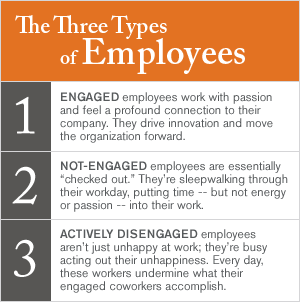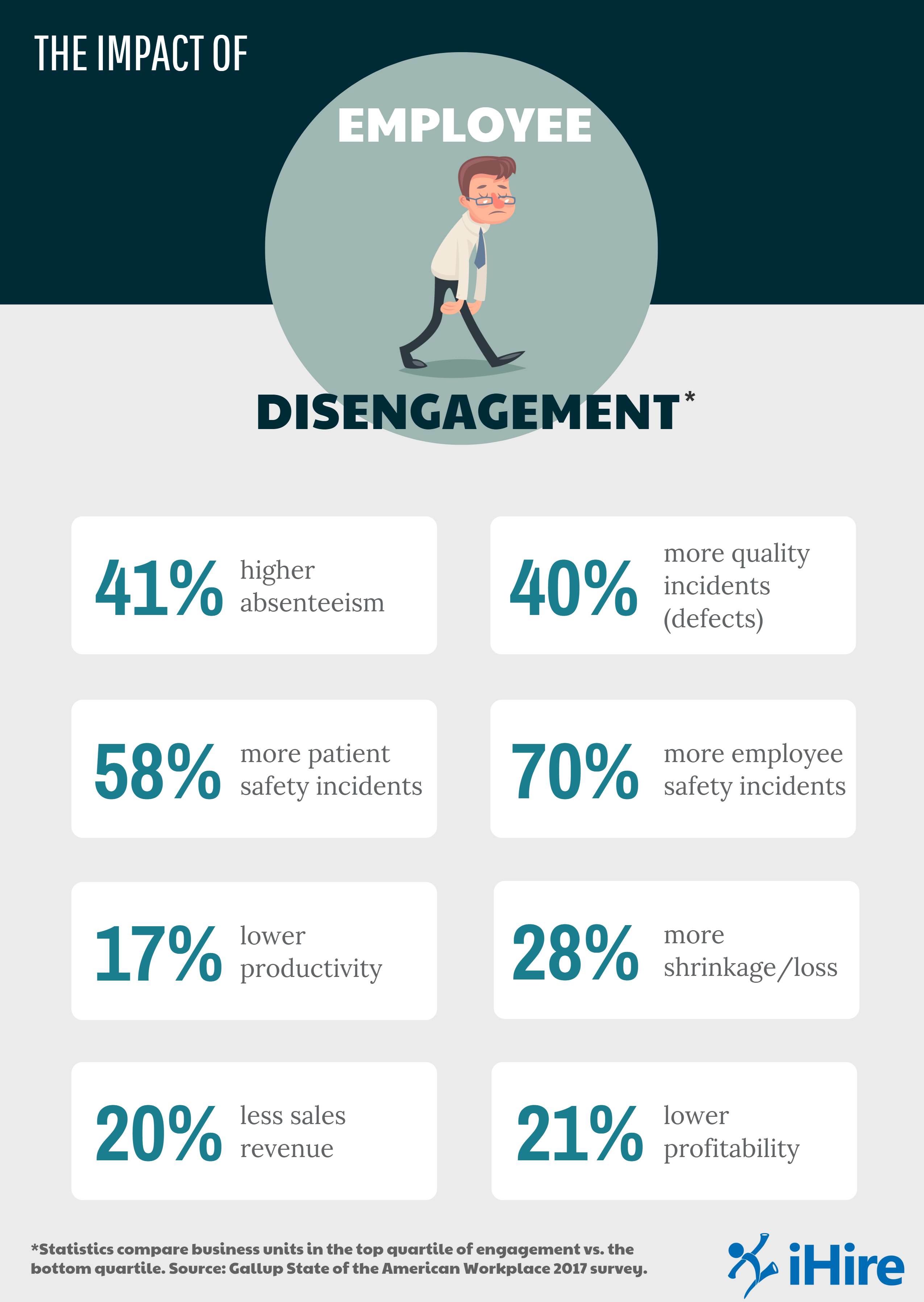4 Ways Time Tracking Can Affect Employee Morale
Time tracking can boost staff accountability, encourage responsibility and help management improve their approaches to project management. However, if implemented poorly, it will force rigid working habits and can lead to distrust in the workplace. As a manager, it's essential to find a balance between company requirements and the needs of employees. Here, we’ll explore the impact of time tracking on employee morale in both supportive and authoritarian corporate environments, and look at how you can avoid some potential pitfalls.
Time Tracking as a Supportive Tool
Organisations can leverage time tracking as a tool to support teams. In supportive work environments, upper management uses time tracking to gain a better understanding of how staff members work, how projects flow and what they can do to help managers and employees. These can include changing management approaches, helping employees reduce interruptions and reducing mundane tasks that lead to lost hours within the day.
In supportive work environments, upper management doesn't use time tracking to spy and track employee work behaviour. They're transparent with the data they collect and recognize that employees cannot be productive for every working hour. The tool is not to evaluate individual people but to assess teams, departments and to support new management practices.
1. Create Committed and Enthusiastic Employees
According to Benoit Hardy-Vallee, "Projects often fail because organizations put more emphasis on rational factors than on employees' psychological engagement." While time tracking doesn’t sound like a tool that focuses on psychological engagement, it can help organisations shift to behaviour-based project management approaches. This leads to committed and enthusiastic employees.
For example, as project managers onboard team members to a new project, they can use the time tracking tool to see if everyone is on track. If team members are struggling to complete the project, they can reassess to see whether it's an emotional or resource-based problem and work from there. Instead of using a time tracking tool to purely assess output and productivity, the managers recognise that a decline in productivity is a symptom of disengagement and probe further. Behaviour-based project management is not about punishing, but helping employees find fulfillment and engagement with their work.
Organisations that shift to behaviour-based techniques have outperformed their peers by 26% in gross margin with 85% in sales growth. That's because when you leverage new technologies to meet the emotional needs of your employees, they become more committed, enthusiastic, engaged and loyal to the organisation and the project.
2. Boost Employee Engagement
Time tracking can help employees become more accountable and have a greater sense of ownership in their work.
For example, instead of introducing time tracking as a way for management to track employees, you should introduce time tracking as a tool to help every employee achieve their personal best. Managers may use the tool to help organise project schedules, but the time tracking tool is more for employees to see how and where they can improve. The managers are there to help employees reschedule their tasks or equip them with tools that can help streamline their work schedule.
Here, managers can emphasise the importance of work-life balance, reducing workplace stress and prioritising mental health. The time tracking tool helps the company see where they can help their employees best, especially if the employee is struggling to finish work or disengaged from their activities. Purely focusing on productivity is a short-sighted approach that will damage team performance in the long-run.
According to Nas Beheshti, a contributor to Forbes, "The most successful organizations make employee engagement central to their business strategy." Employee engagement not only improves efficiency, but globally, it also contributes to 21% greater profitability as well.

Time Tracking as a Surveillance Tool
Organisations that use time tracking as a surveillance tool and are willing to punish people are the quickest to fall. Becoming the corporate Big Brother is not something to aspire towards. It will lead to a severe deficiency in employee morale, increased stress, resentment in staff members, and ultimately, high turnover and talent loss.
3. Force Rigid Working Habits
If your organisation doesn't spend a decent amount of time onboarding team members to the time tracking tool, your staff members will feel as if there has been managerial distrust. They will view the time tracking tool as a tool that is designed to spy and continuously monitor their work activities.
The constant surveillance will lead to rigid working habits that can result in a hostile working environment between employees and upper management. Rigidity is concerning as it stifles creativity and innovation.
4. Cause Distrust and Disengagement
"What these companies gain in productivity might be lost in engagement and trust, especially if the business isn't transparent about how they're monitoring workers," said Gina Belli from PayScale, as reported on CNBC.
While there may be a sudden increase in productivity, the improvement won't last long. The productivity spikes may be out of fear and stress. Therefore, in the long-run, it will lead to disengagement and lack of trust. Ironically, this eventual disengagement can cost up to $2 billion annually in productivity losses in Australia alone.

Employees tend to see time tracking as a necessary evil, but the tool itself is often not to blame. How time tracking affects the morale of your employees is dependent on the organisation and how they choose to leverage the tool to their advantage. Companies can use time tracking as a supportive tool to shift to new management practices and help employees achieve their personal best. Alternatively, they can use it as a surveillance tool to monitor their employees, resulting in loss of engagement and trust. If you want to deploy time tracking, it's best to put people before profits. A happy, engaged, committed and loyal workforce is well worth the investment.
Author Bio
Dean Mathews is the founder and CEO of OnTheClock, an online employee time tracking app that helps over 8,000 companies all around the world track time. Dean has over 20 years of experience designing and developing business apps. You can find him on LinkedIn.

At the start of a new year, business leaders are in planning mode, laying out the foundations for new targets and aligning strategies on how to get there. For many, the tried and tested motto “The Customer Comes First”, still stands true, but with all the strategies out there for improving Customer Experience, what should be the top priority for success in 2020?

No matter the size, all businesses have those admin tasks that are at once important, not urgent, and also really really boring. You have two options. You could:

Even as people venture out into the beginnings of a post-COVID world, remote working has and continues to be the norm. What was once a perk in offices has now become a part of daily working life. There are undeniably numerous benefits, including skipping time-consuming commutes and more flexible hours — a setup that is a dream for employees who want to spend time with families or on other personal endeavours.
However, there are also drawbacks to losing an office environment. Less structured work hours, disconnection from colleagues, and overlapping boundaries that affect work-life balance and wellbeing are some disadvantages. This sudden shift has made wellness more important than ever.
Streamline your hiring
Business support staff with no hidden fees. Start hiring anytime.